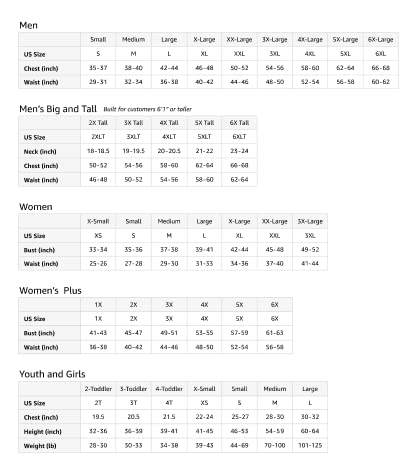Price
Princess Natasha
Facing the Challenges of Modern Education: Fostering Student Success
In today's rapidly evolving educational landscape, educators are confronted with a multitude of challenges that require innovative approaches and adaptability. One of the primary concerns is the need to cater to the diverse learning styles and preferences of students, who come from varied backgrounds and possess unique strengths and weaknesses.
Adapting to the Digital Age The integration of technology in the classroom has profoundly transformed the educational experience. While digital tools and resources have the potential to enhance learning, they also present new challenges. Educators must strive to strike a balance between leveraging technology and ensuring that it does not overshadow the fundamental pillars of education, such as critical thinking, problem-solving, and interpersonal skills.
Promoting Personalized Learning Recognizing that one-size-fits-all approaches are no longer sufficient, educators are increasingly embracing personalized learning strategies. By tailoring instructional methods and content to the individual needs of students, educators can foster a more engaging and effective learning environment. This shift requires a deep understanding of each student's learning preferences, strengths, and areas for improvement, enabling educators to provide targeted support and guidance.
Addressing Diversity and Inclusion Diversity in the classroom has become increasingly prevalent, with students from diverse cultural, socioeconomic, and linguistic backgrounds. Educators must be equipped to create inclusive learning environments that celebrate and leverage this diversity, ensuring that all students feel valued, respected, and empowered to succeed. This may involve implementing culturally responsive teaching practices, providing language support, and fostering a sense of community and belonging.
Developing Social-Emotional Skills In addition to academic proficiency, modern education recognizes the importance of nurturing students' social-emotional skills. These skills, such as self-awareness, empathy, and conflict resolution, are crucial for students' personal growth, interpersonal relationships, and overall well-being. Integrating social-emotional learning (SEL) into the curriculum can help students develop the essential life skills needed to thrive in the 21st century.
Cultivating Collaborative Environments The ability to work effectively in teams and collaborate with others has become increasingly essential in the workplace and beyond. Educators must create learning environments that encourage and facilitate collaborative experiences, allowing students to develop teamwork, communication, and problem-solving skills. By fostering a culture of collaboration, students can learn from one another, practice active listening, and develop a deeper understanding of diverse perspectives.
Embracing Continuous Improvement Navigating the challenges of modern education requires a mindset of continuous improvement. Educators must be open to feedback, willing to experiment with new approaches, and committed to ongoing professional development. By embracing a culture of innovation and adaptability, educators can stay abreast of the latest pedagogical research, implement evidence-based practices, and continuously refine their teaching methods to better serve the needs of their students.
In conclusion, the challenges of modern education are multifaceted and complex, but with a commitment to innovation, adaptability, and student-centered approaches, educators can empower learners to thrive in the 21st century.
product information:
| Attribute | Value |
|---|





